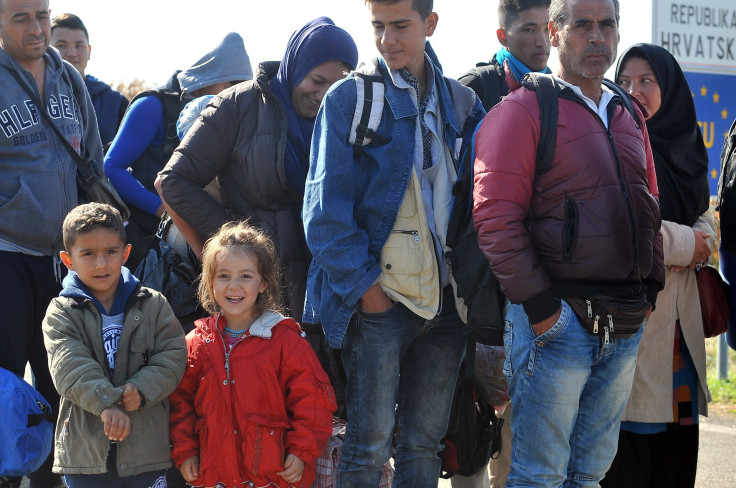Refugee Crisis 2015: EU Migrants Can Be Jailed For Illegally Re-Entering Countries, European Court Rules

Migrants seeking economic prosperity who are expelled from the European Union and then re-enter the territory could be jailed, the body’s highest court ruled Thursday in a decision that was expected to be closely watched across the 28-member bloc of nations, Reuters reported. The ruling comes as the EU attempts to deal with a large influx of refugees fleeing conflicts and repressive states that has divided the continent’s leaders over a unified policy response.
The case before the European Court of Justice centered on Skerdjan Celaj, an Albanian man who was deported from Italy. The Italian government denied Celaj re-entry into their country for three years, but he returned after two years, was arrested by Italian authorities and given an eight-month sentence, Deutsche Welle reported. The court ruled that Italy was within its rights to punish Celaj and others who violate entry bans.
The court was careful to note that any sort punishment must comply with the Geneva Convention’s status on refugees. The court’s ruling was likely to again raise debates over the classification of refugees versus economic migrants.
Refugees have fled conflicts and repressive states in Syria, Iraq, Afghanistan and Eritrea with many undertaking dangerous sea-crossings to reach Europe. More than 2,800 people have died in sea crossings of the Mediterranean so far this year, according to the International Organization for Migration.
Central European states, including Hungary, have said that the majority of people crossing into their territory were not refugees, but economic migrants. This fact has been strongly disputed by international organizations.
More than 500,000 refugees have entered the EU so far this year, straining relations among states as refugees attempt to reach western and northern European states to file their asylum claims. Germany has said it expects to take in more than 800,000 people this year alone. In late September EU leaders passed a vote to take in an additional 120,000 refugees. However, experts said that number was small compared to how many refugees were still expected to arrive in the EU.
© Copyright IBTimes 2024. All rights reserved.





















